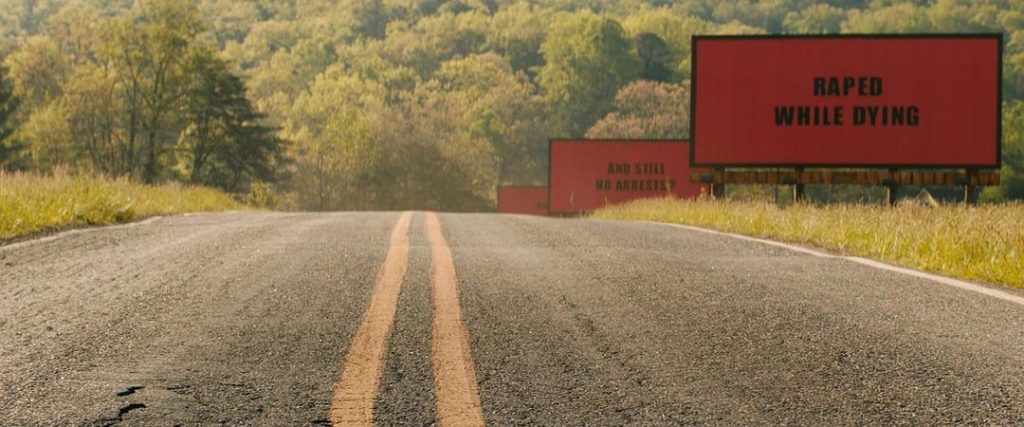As the final installment of the series, The Dark Knight Rises provides us as fans with a satisfying answer.
The plot, cinematography, music score and editing at the end of the film all create a “thrilling” impression for the audience. As a series ending, it is certainly qualified and even good, and we can even assume that the end of the Batman does die, and that brings about what the emotions should be like. Perhaps because of studio constraints, Nolan had to bury those hints at the end, but the end of the film alone, TDKR has done more than enough, the first appearance of daylight Batman is really rising and in the nuclear explosion of a sublimation into a symbol, become a meaningful symbol.

From the point of view of drama, this meaningful formation is a city as a stake in the struggle, fear, confusion and pain of the Bruce Wayne character in the series of three films.
The tragic, operatic quality of Batman’s final act depends on the presentation of these elements, especially the personal will of Bruce Wayne, reminding us that beneath the mask of Batman is a man with emotions just like ours, Let us know that the timeless symbol of Batman rests on an ordinary man who was once lost in fear and pain.
In this sense, the whole series is more like Nolan’s pioneering exploration of the greatest possible positive energy in human nature, using the superhero package. Therefore, as the final part of TDKR finally presented such a pattern, it is inevitable, but also should.
In fact, the first two parts of the series have limited the direction of TDKR, so the third part is in the inevitable need of meaningful, but also accompanied by the inevitability of having to avoid the helplessness, the theme and humanity discussed in the first two parts make TDKR optional reduction, not that Nolan can not tell other wonderful content, but he has to say so, compared with TDK, Some of the third film’s plots fall victim to bruising, such as the seemingly intense but chaotic third act.
Of course, in the post-9/11 era, any interpretation of the hero will be given practical meaning by sentimentalists – and this is inevitable in the most sentimentalist circles of American literary criticism.
So by The time “The Dark Knight” was released in 2008, the consensus seemed to be even more convinced that Nolan was trying to “redefine” superheroes in a fully realistic setting. The unpredictable extreme anarchist madness of the Joker is not the real threat of terrorism that disturbs the American people and cannot be eradicated.
Unlike the Dark Knight, where Batman is always slower than the Joker, in Rising, Nolan’s perspective returns to Batman, or Bruce Wayne, and you will be torn over Bruce’s fate, taking a personal and emotional hit, especially the collapse of the peace order Batman worked so hard to build.
But the intent of the final chapter is clear, and while the destruction of the city takes up a lot of space, Nolan uses interspersed police resistance and Bruce’s penance to plant a seed of hope that makes you think it’s just the darkness before the dawn.
Perhaps too eager to create a glittering finale, “Rising” has too many things in it, alludes to Occupy Wall Street, endless acts of terror, anarchic chaos, allegorical vignets, and a host of supporting characters that make the first half less of the Dark Knight’s shrewder, but when Bane begins his coup, The ideological core of the film is reflected in the action, and the film enters a haunting rhythm.
It has always been Nolan’s style to stick to film shooting. Even when it is projected on the IMAX screen, the graininess of the film is still obvious. The visual effects of the film allow the audience to enjoy a feast. Hans Zimmer’s score adheres to his usual grand style, blending passionate melodies into the battle, and using tense rhythms to weave through the cross-cuts, bringing the dynamic notes into the duo’s world.
Whether it is realism or formalism, the ultimate goal of a film is to convey ideas that are beneficial to human beings in the picture, which requires a strong sense of inclusion in the film, and Nolan has exactly achieved it, perhaps because he insists on film shooting, perhaps because he insists on 2D shooting, perhaps because of a trace of melancholy and warmth revealed in his novel narrative style in his film. Every time I see one of his movies, I can’t help but feel it. Batman: The Dark Knight Rises is regarded by me as a mature education under formalism, using a mature process of a superhero to write the growth experience of a group of people.









